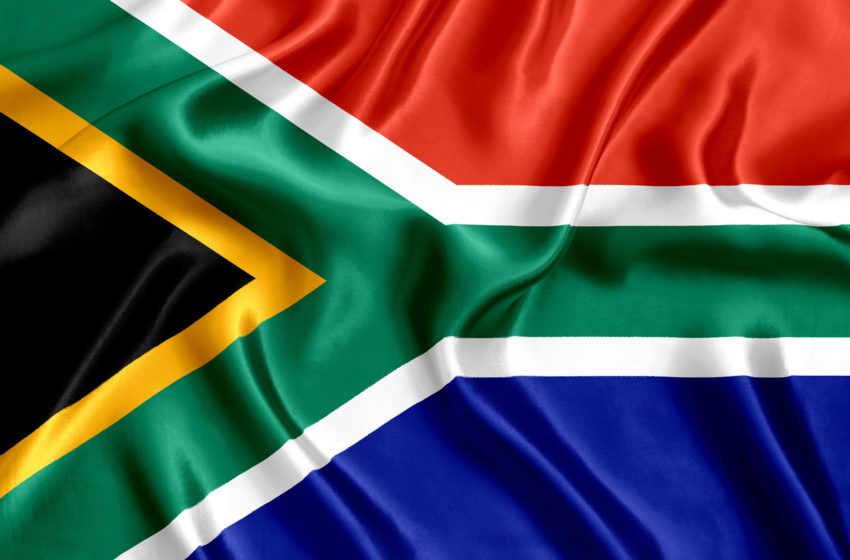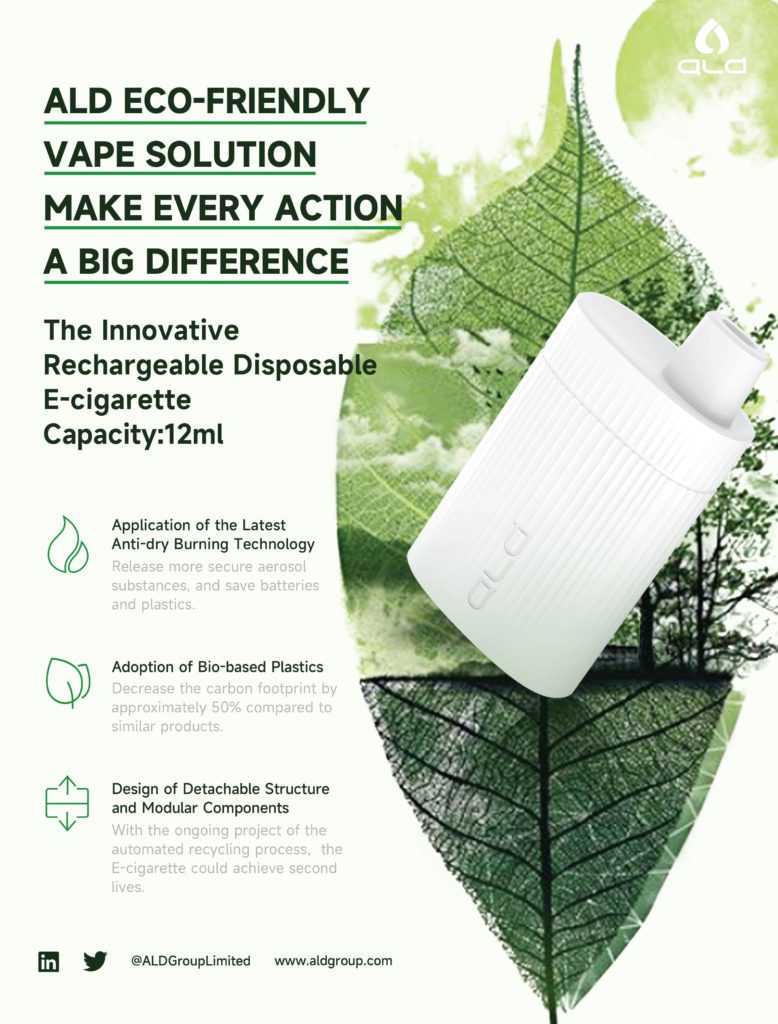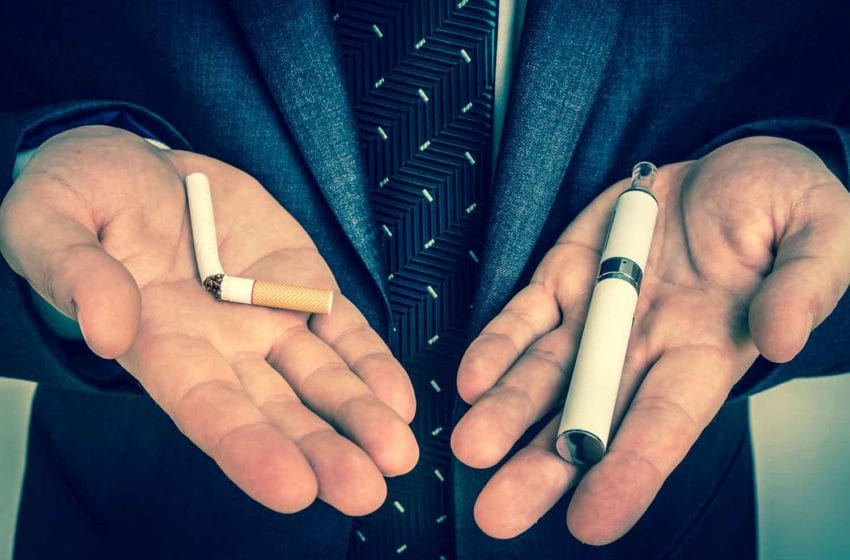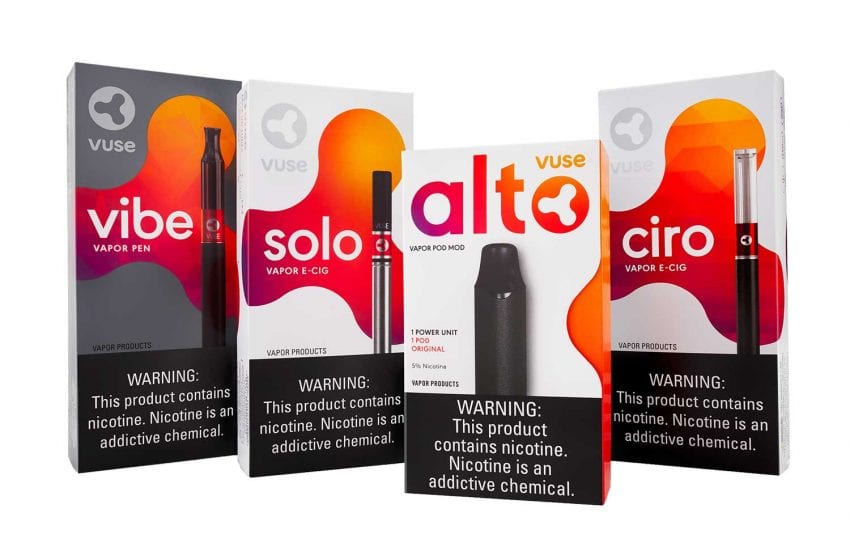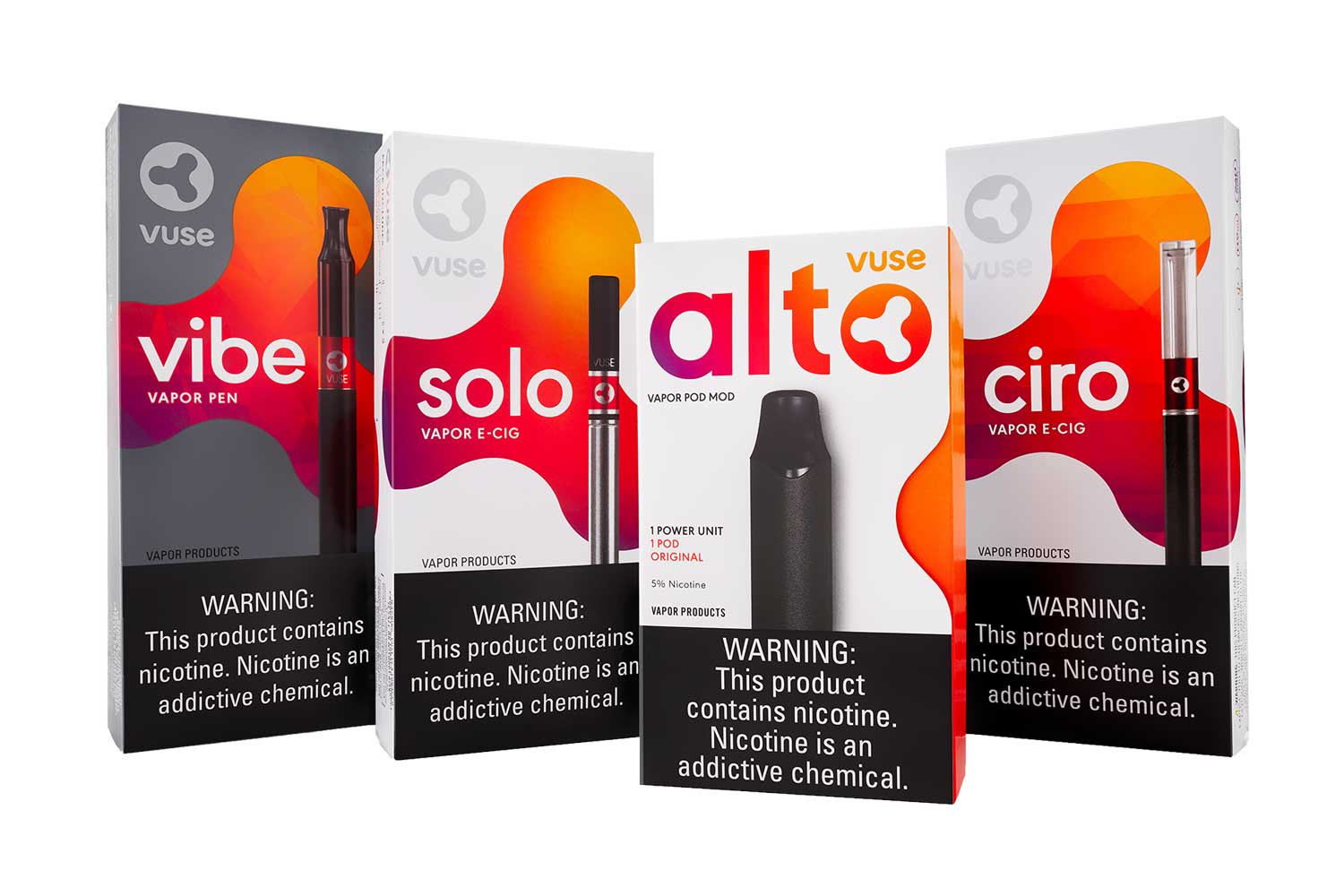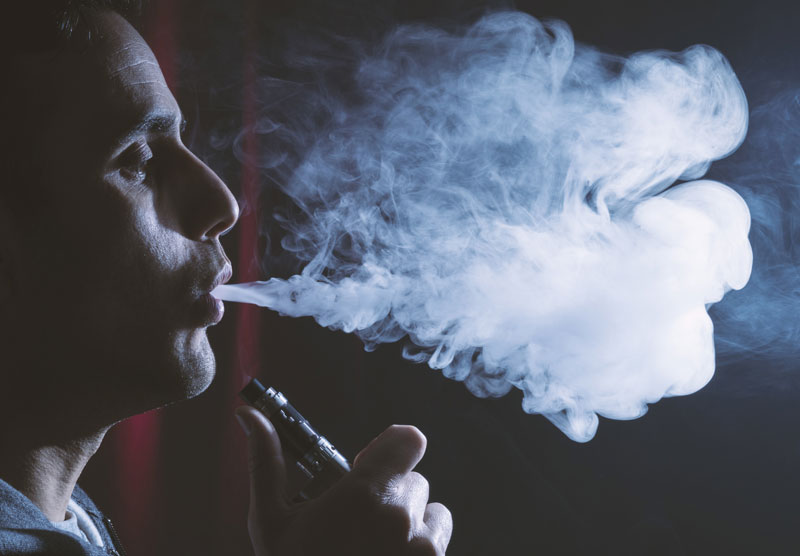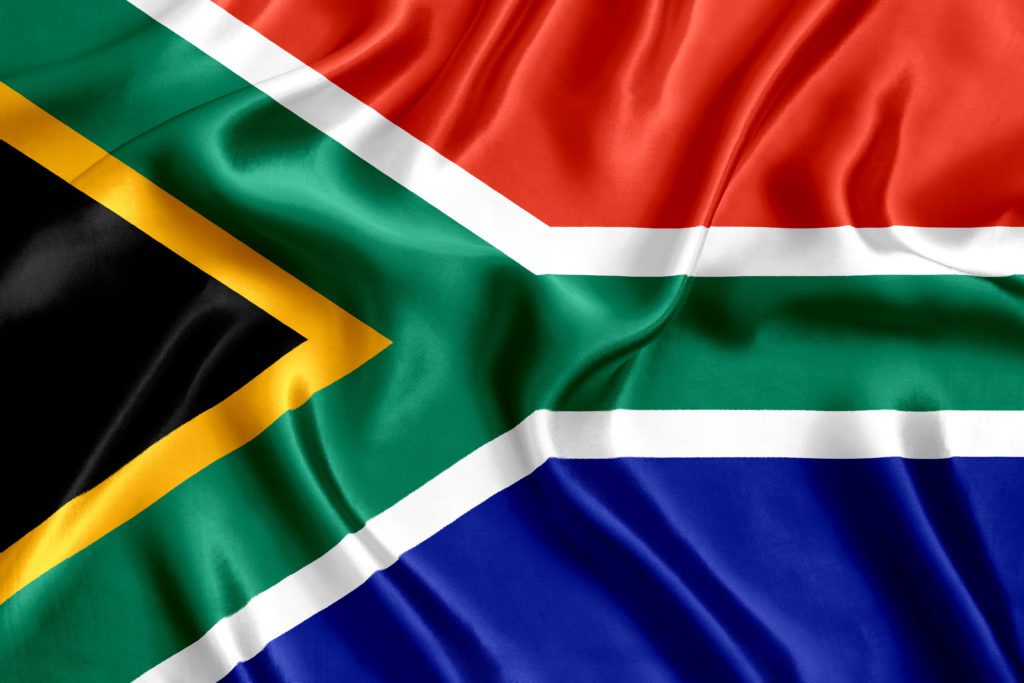
South Africa’s National Treasury expects new taxation rules for e-cigarettes to be in place by the beginning of 2023.
By Timothy S. Donahue
The comedian Chris Rock once said, “You don’t pay taxes—they take taxes.” This can be especially true in heavily taxed countries like South Africa, where imposts include income tax (on both a personal and corporate level), value-added tax (VAT), dividends tax, capital gains tax and a wealth tax like estate duty. Now, it seems South African vapers should prepare to pay an additional tax if government officials have their way.
South Africa’s National Treasury manages national economic policy, prepares the South African government’s annual budget and manages the government’s finances. The agency says it will publish the draft Taxation Laws Amendment Bill 2022 containing the provisions on electronic nicotine-delivery systems (ENDS) and electronic non-nicotine-delivery systems (ENNDS) sometime in June or July.
Industry stakeholders will then have an opportunity to provide written comments on the draft legislation. Additionally, the country’s standing committee on finance will also have its own consultation process on the draft bill. The draft legislation will be formally brought forward for consideration at the medium-term budget policy statement expected sometime in October.
The government has proposed to introduce a specific excise tax on both the non-nicotine and nicotine liquid solutions used in e-cigarettes. Users could pay excise duty ranging from zar33.60 to zar346.00 ($2.08 to $21.38) per product, depending on the nicotine content and size of that product. The average excise rate for e-cigarettes is proposed at zar2.91 per mL.
Essentially, users could pay zar2.03 per mL of e-cigarette solution containing nicotine and zar0.87 per mL of e-liquid solutions that contain no nicotine if the draft proposals are accepted and become legislation in the current form. Products with a higher nicotine content, it is proposed, will attract a higher rate of duty compared with lower nicotine products.
“Unlike conventional tobacco products, these products are mostly unregulated in South Africa, hence the Department of Health has also started a process of amending the current tobacco control legislation to include these products in the regulatory framework,” the draft states. “Similarly, other governments around the world have started a process of regulating the consumption and use of ENDS through tax and nontax measures.”
Wesley Grimm, a senior associate, and Rudi Katzke, a partner, at Webber Wentzel, a law firm headquartered in Johannesburg, South Africa, say that the South African government is proposing to introduce a specific excise tax on vaping products using existing policy guidelines applicable to other excisable products, like tobacco products. They say that much like other excisable products, the demand for vaping products is largely inelastic and that short-term consumer resistance to the tax will likely dissipate.
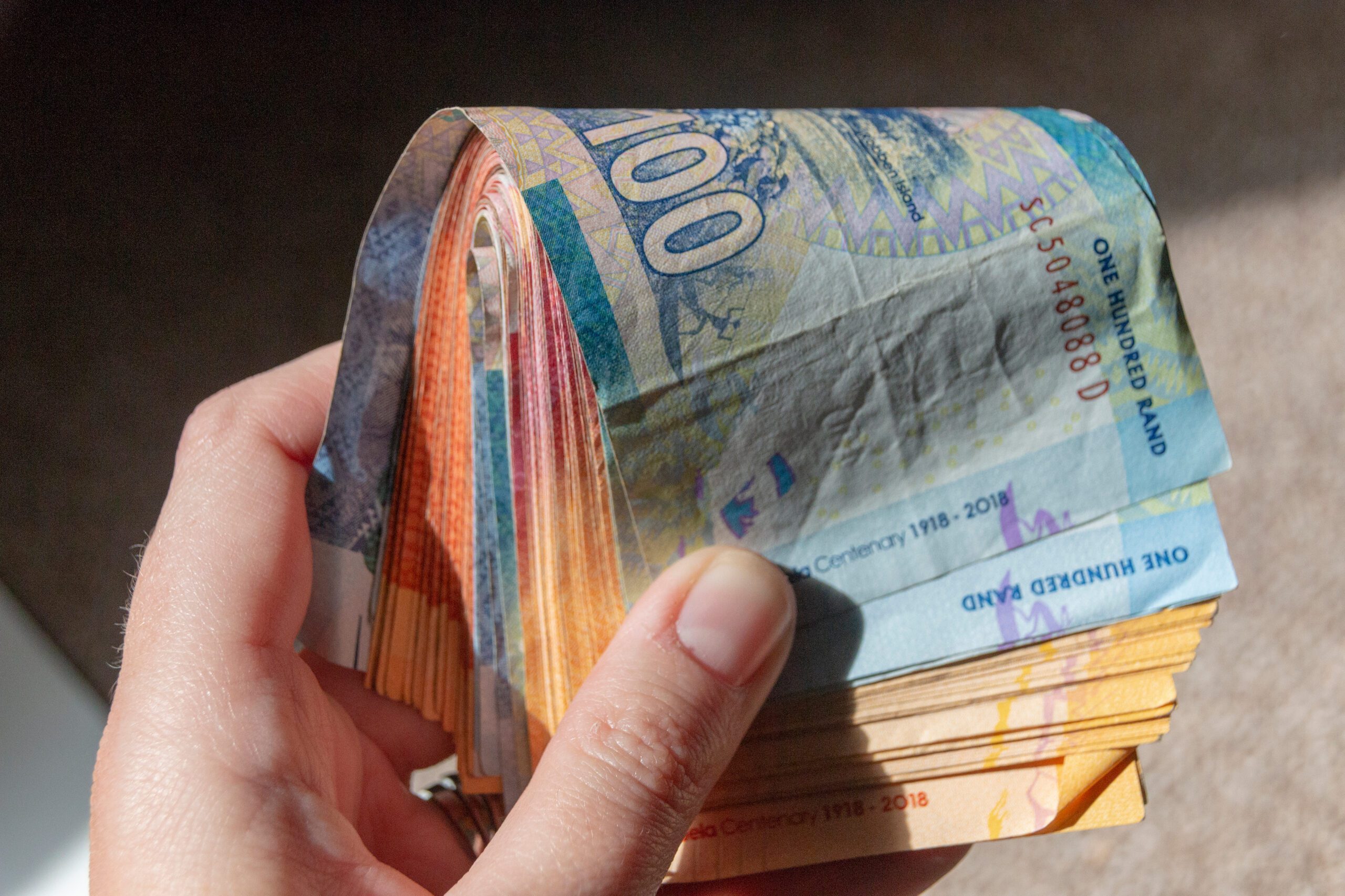
“National Treasury omitted to deal with this occurrence in detail in a recent workshop with industry stakeholders. In our view, it will be interesting to see if National Treasury’s proposal to tax vaping products with a higher nicotine content at a higher rate than those products with a lower nicotine content will have any impact on consumer buying patterns,” says Grimm.
During the National Treasury’s Taxation of ENDS and ENNDS Workshop, the agency reiterated its position that the health risks associated with vaping remain “largely unknown,” according to Grimm. However, one of its stated objectives is to curb (and potentially end) the use of vaping products, including severely limiting access to the products by younger users.
“National Treasury insists that there is a health imperative to regulate and tax the vaping industry within its existing anti-tobacco framework. In our view, the proposal to tax vaping products does not necessarily support [the] government’s stated policy intention of reducing the consumption of tobacco products,” according to Grimm and Katzke. “More specifically, there is insufficient data to speculate on whether National Treasury’s proposed tax on vaping products will prevent youth use.”
The taxing of vaping products could have tragic unintentional consequences. Grimm and Katzke say that lawmakers should consider what happened in the traditional tobacco sector from March 2020 to August 2020, when South Africa banned all retail sales of traditional tobacco products, ostensibly to help stem the spread of Covid-19. By cutting off the supply of what it deemed “nonessential items,” the government hoped to prevent virus transmissions from people sharing cigarettes and thus prevent the health sector from being overwhelmed by sick cigarette smokers, according to government statements at the time.
The tobacco industry challenged that decision in court, claiming that the measure was disproportional and counterproductive. In December 2020, South Africa’s High Court agreed and declared the measure unconstitutional. However, significant damage had already been done to the lawful tobacco industry, according to Grimm and Katzke.
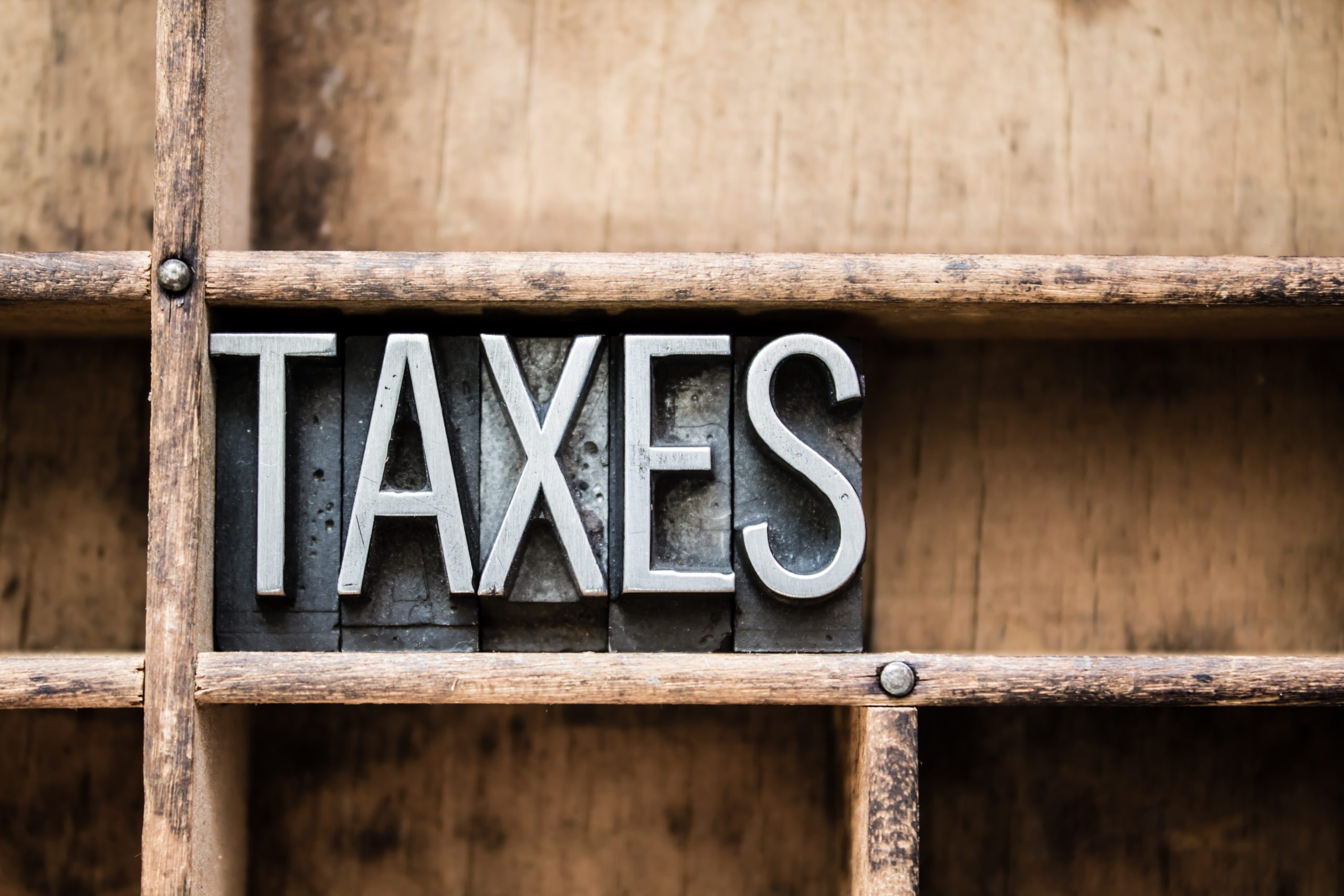
“Taxing vaping products will most likely stimulate the illicit trade in these products as has happened in the combustible tobacco sector,” they add. “Many commentators from the industry raised this point at the workshop, and National Treasury did not address the proliferation of the illicit cigarette and tobacco trade, or the likelihood that taxing the vaping industry will likely stimulate the illicit trade in these products.”
Already accounting for a third of the market in South Africa before the country’s Covid-19 lockdowns, the illicit tobacco trade soared to unprecedented heights during the tobacco ban. A recent study, conducted by the University of Cape Town’s Research Unit on the Economics of Excisable Products, found that an estimated 93 percent of smokers were able to purchase cigarettes on the illicit market during South Africa’s sales ban. Shortly after the ban was lifted, South African Revenue Service Commissioner Edward Kieswetter predicted it would take years to investigate and prosecute the corruption and illegal activities that had taken root in those four months.
A 2021 study, commissioned by the Vapour Products Association of South Africa (VPASA), analyzed the economic impact that the vaping industry has in South Africa. The study concluded that the industry’s total gross value-added contribution to GDP is zar2.49 billion, with an estimated zar710 million in resulting tax payments (mainly income tax and VAT) made in 2019. The VPASA report found that more than 350,000 South Africans use vaping products, that vaping product sales in 2019 amounted to zar1.25 billion and that the vaping industry generated 3,800 jobs.
The South African government plans to implement its proposed vaping tax on Jan. 1, 2023. The proposals must still go through the normal legislative cycle before being promulgated into law. The draft discussion document will consider comments from vape consumers, manufacturers and importers, which could have an impact on the commencement date of the proposed tax and on its final form. The draft bill, which is anticipated as early as June 2022, is expected to shed further light on the precise nature of the proposed vaping tax.
Grimm and Katzke say the government should carefully consider what it hopes to achieve by taxing vaping products. In their view, the goals of limiting youth usage and improving the health of South Africans “will not, necessarily, or directly,” be achieved by merely taxing vaping products. Instead, more understanding of the safety and efficacy of e-cigarettes and the impact that a vaping tax would have on consumers is needed.
“We suggest that government should help fund additional research into these aspects and continue to engage with industry in shaping its new tax policy,” say Grimm and Katzke. “Government should also take meaningful and decisive steps in combating the illicit cigarette and tobacco trade, publicize any successes on that front, and ensure that the lawful tobacco industry is better protected from illicit competitors.”

